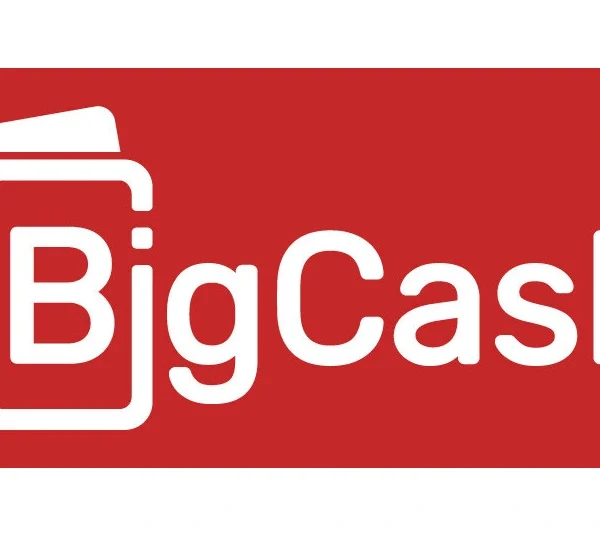Unlocking Productivity with Notion: A Professional Guide to the All-in-One Workspace

In today’s fast-paced digital world, productivity tools have become essential for professionals, students, teams, and entrepreneurs. One tool that has steadily gained popularity across industries is Notion—an all-in-one workspace that combines note-taking, task management, databases, calendars, and collaboration tools in a single interface. Whether you’re a solo freelancer or part of a large organization, Notion offers an elegant, flexible, and powerful platform to help manage information and streamline workflows.
What is Notion?
At its core, Notion is a productivity software that allows users to create, organize, and collaborate on content. It merges the functionality of several applications—such as Trello, Evernote, Google Docs, and Airtable—into a single cohesive experience. Launched in 2016, Notion has quickly become a favorite among knowledge workers due to its minimalist design and extensive customization options.
Notion operates on the concept of “blocks.” Everything you add—text, images, checklists, tables, code snippets, embeds—is treated as a block that can be moved and edited freely. This block-based structure makes it incredibly versatile and user-friendly.
Why Professionals Choose Notion
1. Centralized Workspace:
Notion is often referred to as the “Swiss Army knife” of productivity tools. It brings everything together—notes, tasks, wikis, projects, databases—into one location. This reduces the need to switch between multiple tools, increasing efficiency and reducing context-switching fatigue.
2. Seamless Collaboration:
Whether you’re part of a startup or a large corporate team, Notion’s collaboration features make it easy to work with others. You can share pages, assign tasks, leave comments, and even track version history—all within the platform.
3. Customization at Its Core:
One of Notion’s most compelling features is its flexibility. Users can build their own systems—from simple to-do lists to complex project dashboards—without needing to write a single line of code. With drag-and-drop features and dozens of built-in templates, anyone can customize Notion to suit their unique workflow.
4. Cross-Platform Compatibility:
Notion works on the web, as well as across Windows, macOS, iOS, and Android devices. It also offers offline access, which is essential for professionals on the move.
Key Features and Functions
Let’s dive deeper into some of the most used features that make Notion a must-have tool:
1. Notes and Documents:
Create rich-text documents that support images, code snippets, checklists, and more. Unlike traditional note-taking apps, Notion allows you to organize notes within a nested page structure, making information easy to find and maintain.
2. Task Management:
Turn Notion into your personal task manager with checkboxes, kanban boards, calendars, and reminders. Teams can manage sprints, assign tasks, and monitor progress visually and collaboratively.
3. Database Functionality:
Notion’s databases are highly customizable and incredibly powerful. You can build tables, lists, galleries, and calendars with relational capabilities—similar to Airtable. You can filter, sort, and link databases to one another for advanced project management and data organization.
4. Templates:
To help users get started quickly, Notion offers a wide variety of pre-designed templates. Whether you’re tracking goals, managing content, creating a CRM, or building a roadmap, you can find or customize a template that fits your needs.
5. Web Clipper and Embeds:
With the Notion Web Clipper browser extension, you can save articles, links, and screenshots directly to your workspace. You can also embed Google Maps, Figma designs, Typeform surveys, and more to keep everything centralized.
How Different Professionals Use Notion
1. Entrepreneurs and Startups:
Startups use Notion to organize their internal documentation, manage projects, collaborate on product roadmaps, and store customer feedback. It’s an ideal tool for agile teams looking for a centralized knowledge hub.
2. Marketers:
Marketing teams use Notion to plan campaigns, create editorial calendars, track content performance, and manage assets. The database views and real-time collaboration make it easier to execute and align marketing strategies.
3. Developers and Designers:
Tech professionals appreciate Notion’s support for code formatting, design briefs, and sprint planning. Product teams use it to maintain style guides, UX research, and product documentation.
4. Educators and Students:
Notion has found a home in academia as well. Professors use it to share syllabi and resources, while students rely on it for note-taking, project tracking, and collaborative study.
Security and Reliability
Security is critical when dealing with sensitive data. Notion employs TLS encryption, secure backups, and SSO support for enterprise customers. While it’s not HIPAA-compliant or ideal for storing highly sensitive data (like patient health records), it’s sufficiently secure for most professional use cases.
Limitations to Consider
Though Notion is powerful, it’s not without limitations. Here are a few things to keep in mind:
- Performance: Large workspaces with many databases and pages can experience lag.
- Offline Mode: While offline mode is available, it’s still not as robust as other dedicated offline apps.
- Learning Curve: For new users, the open-ended design may feel overwhelming at first.
Tips to Maximize Your Use of Notion
- Start Small: Begin with simple pages like a weekly planner or meeting notes before diving into databases.
- Use Templates: Explore Notion’s template gallery for ideas and jumpstarts.
- Master Shortcuts: Learn keyboard shortcuts to navigate and format content faster.
- Automate with Integrations: Use tools like Zapier or Make (formerly Integromat) to automate workflows across your apps.
The Future of Notion
Notion continues to innovate rapidly. Its recent rollout of AI features allows users to summarize pages, generate content, and automate repetitive tasks. With the launch of Notion Calendar and deeper integrations, the company is pushing even closer to becoming a full operating system for work and life.
Final Thoughts
In an age where information overload is a constant challenge, Notion offers a refreshing, unified solution to manage everything from daily tasks to long-term goals. Its flexibility, combined with a clean user experience, makes it a valuable tool for professionals across all domains.
Whether you’re looking to boost personal productivity or enhance team collaboration, Notion has the capability to transform how you work. With the right setup and a little creativity, it becomes more than just a workspace—it becomes a second brain.








